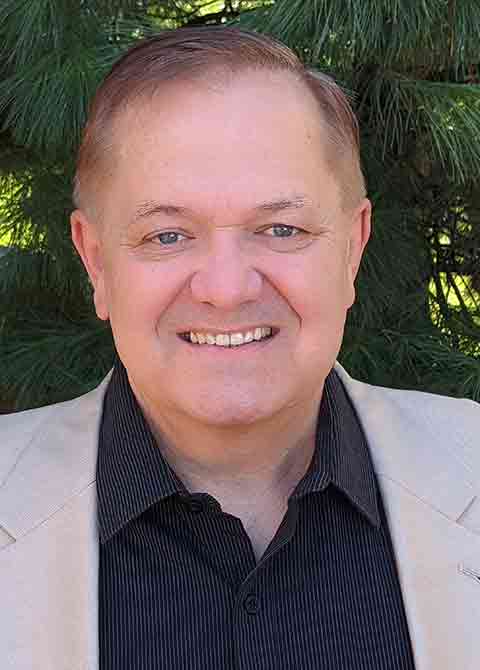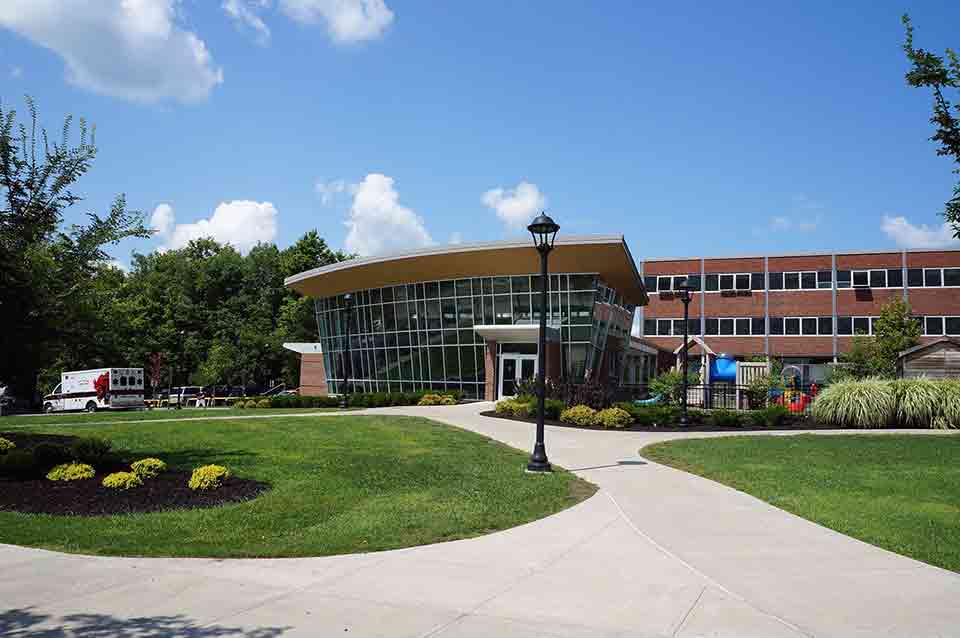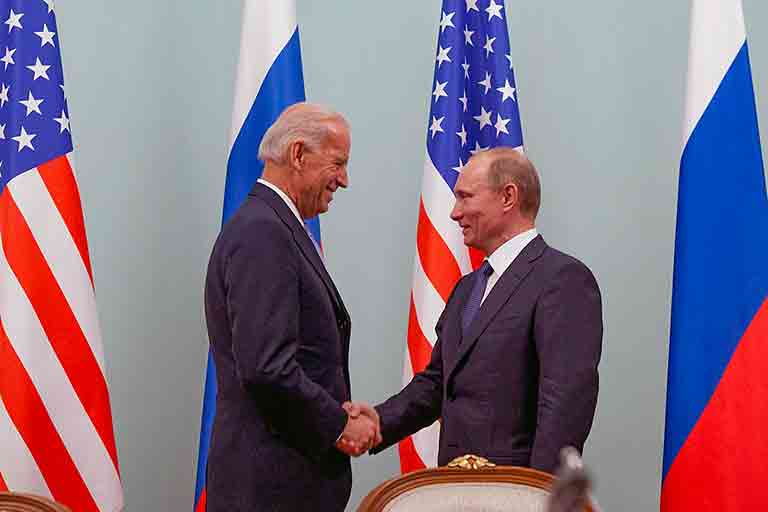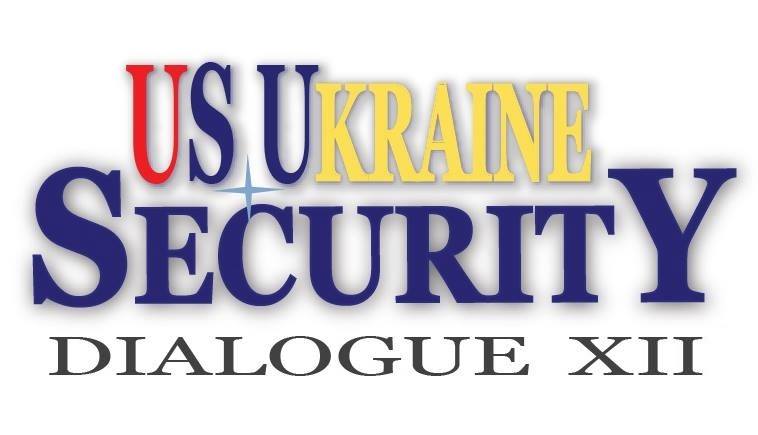In her list of priorities, Poland should pay more attention to careful strategic planning beyond current tactical concerns. Poland needs to create a plan of connecting with her neighbors: Lithuania, Ukraine, and Belarus in a network of connectivity. The plan should also include the analysis of any obstacles to such connectivity development potential.

Connectivity Background.
Looking for a study on how the countries successfully adjust to the 21st century demands, Connectography: Mapping the Future of Global Civilization (2016) is a must read. In it, Parag Khanna, an Indian American specialist in international relations and a global strategy advisor describes thoroughly how connectivity in the form of transportation, energy and communication infrastructure networks has brought about a "global network revolution." In the world that is currently rapidly changing in response to global pressures, the position of a country in the network of supply chains should be at the top of any government’s priorities.
Countries that are gaining in global competition focus on connecting with others. Identifying threats and sealing the borders from potential enemies leads to a passive reactive posture and brings disappointing results. Rather than defense, successful countries are proactive; focus on offense; anticipate possible problems and plan how to face them. Looking for opportunities where to open lines of communications with their neighbors in a network of global supply chains is of utmost importance and brings measurable profits.
Historically, Poland benefitted from connectivity when in the 10th century, she decided to allow a marriage of the Polish pagan prince to the Catholic Bohemian princess and accept Christianity rather than seal off the borders and fight for their Slavic gods. Later in the 14th century, Poles gave the crown to Jagiełło, a pagan prince, to develop connectivity with a vast territory of Lithuania. The 17th century refusal to connect on the same terms with the Ukrainian Kozaks and expand the Commonwealth to include Ukraine, was one of the reasons of the ultimate downfall of the Commonwealth of Poland-Lithuania a century later.
Russian Threat
Since the 1795 partitions, the territory of the Commonwealth of Poland-Lithuania, a well-developed food basket of Europe, was divided into chunks controlled by the invaders. Since 1945, Russia controlled more than half of former Poland-Lithuania, which she had attacked in 1939 with the help of Germany. Using the tools of hybrid warfare, this fact has been skillfully manipulated by layers of propaganda. Russians claim that they did not partition Poland with Germany but rather defended the Ukrainians and Belarussians threatened by the collapse of Polish government. It is commonly accepted that Russians are warm, peace loving people but because of Lenin and Stalin they got dragged into an awful idea of the Soviet Union. Russians were the first victims of these awful times. Now again, a bad Putin is praying on Russians. Few seem to feel sorry for the Commonwealth of Poland-Lithuania, which has a label of a backward concoction of bygone times.
In today’s Poland, most of the intellectual elites are focused on divisions and blame game, which started 82 years ago (2021-1939 = 82). It was then when Russian propaganda began relentless pressure to divide Poland from within and without. While killing millions of Ukrainians, Belarussians, and Poles with the terror before World War II, the war itself and the Cold War after, Russians were convincing Poland’s neighbors and the west that Poland is the enemy and the troublemaker. As the result, in today’s Ukraine, there are groups that treat Russians as Big Brothers and saviors rather than ruthless and cunning colonizers. For some of the Ukrainians, Poland is more of a threat than Russia. What a proof of KGB’s work well done.
For those who are confused why all names describing various Russian governments are lumped into one name i.e., Russia, I suggest reading on Proteus, a Greek god of the sea and his everchanging forms. When Menelaus was trying to catch Proteus on the island of Pharos, Proteus was changing into a lion, a serpent, a leopard, a pig, even water and a tree. To understand Russia, one needs to look beyond maskirovka (маскировка, Russian deception, literally disguise - ed.) and all its forms. Even today, in the Russian Republic, racial and ethnic profiling is a norm. A famous line five in the Soviet passport introduced by Stalin in 1932 reported ethnicity. You could not change your original ethnicity and become a pure Russian without ethnic identification. If your grandfather were Georgian, Polish or Kalmuck, you would be assigned such designation in your passport. This line was officially removed from Russian passports in 1997 after tremendous pressure from abroad. The term Russia is used here for all her disguises.
Using a plethora of names for Russia like Muscovy, Tsarist Empire, The Soviet Union, or Russian Federation and relating to it as a separate construct, complicates any analysis. In truth, all these names stand for the same political construct: an expansionistic colonial entity that controls territories in the name of Mother Russia through intimidation, fear, and corruption. Even the name Russia itself was stolen by the Dutchy of Muscovy during the times of Peter the Great. Ukrainians have more right to that name than present Russians. Now, even after the collapse of their empire called the Soviet Union, they are still the largest country in the world with scores of oppressed ethnicities.
Accusing Poland of any plan to reclaim the territory Russians conquered during World War II is pure fantasy. Similarly, a bizarre accusation was made by Putin who claimed that Poland forced Russia to start World War II with the Germany to defend the world from Polish-German scheming.
Today, facing continuous Russian threat, cooperation between Poland, Lithuania, Ukraine, and Belarus is a matter of necessity and — indeed — long-term political survival. Russians were not able to hold on to their colonial conquests in the west. The countries that Russians created mainly to divide conquered territory of former Poland-Lithuania and sow distrust between them are now independent. They are not parts of Russia’s colonial spoils and are beginning to free themselves from the bondage of Russian military, money, energy, and propaganda. They are free to invest in their own educated elites and make their own independent decisions. Of course, the big brother applies as much direct force or indirect pressure as possible but ultimately it is up to these countries to decide their policy and how much they are willing to oppose Russian threat. Russia’s main means of control of her vast territory and peoples populating it have been the same since the time Muscovy served as the tax enforcer for the Mongolians. They are fear, corruption, and hatred towards neighbors, which stifle cooperation and connectivity prospects between the conquered peoples. Famous Cesar’s “divide and conquer” quote from his Commentaries (Commentarii de Bello Gallico) is the translation of Philip II of Macedon and is well known and used in Russia.
Connecting with Neighbors.
None of the four countries of Poland, Lithuania, Ukraine, and Belarus has any appetite to play the Russian roulette with their independence by squabbling over a city or two. Rather than fight among each other, these countries want peace, cooperation, and resulting prosperity. Because Russians cannot physically overpower these countries now, they are trying all the tricks at their disposal to keep them separated and antagonistic. The mediators like the United States, Germany, or France should facilitate direct talks and cooperation between Poland, Lithuania, Ukraine, and Belarus if they honestly want to help in the development of the functioning territory from the Baltic to the Black Sea. If they do not, their intentions are rather obvious. They want to be deal makers and take over the role Russia played in the control of any supply chain adjustments in the region. Ultimately, rather than wait for leadership from others, these countries must start concerted effort and develop plans of how to connect themselves into one harmonious whole. Waiting for permission or leadership from others in such work is a strategic mistake. It is obvious that Romania, Bulgaria, Moldova, and Transnistria are also a part of this jigsaw puzzle.
The prospect of forming robust economic and cultural ties among Poland, Lithuania, Ukraine, and Belarus is the biggest threat to Russia’s dreams of reviving their colonial empire. Processing over 2 million Ukrainian immigrants into the Polish system without any major systemic problem is an impressive first step on the way to improve connectivity between these two countries. Ukrainians not only work in Poland but connect their wallets with their families in Ukraine. Many of them apply for the Pole’s Card, which strengthens the connectivity even more. Thinking strategically, Poland should utilize this demographic potential as the means of improving connectivity between Poland and Ukraine. Imagine a four-lane highway between Odessa and Gdansk without Russian backed border thieves but Polish and Ukrainian customs officers instead. Imagine a high-speed railway parallel to this highway. Wow, I can hear money flowing like a river.
Dr. Stanislav Shushkevich, the first Head of State of independent Belarus, proposed the confederation of Poland and Belarus in 1991. If this came true, the threat of Russia would have been effectively diminished. The 1st Russian Guards Tank Army (GTA) is deployed around Moscow. It is the largest combat ready unit of tanks in the world. It actively exercises incursions into the Baltic states and Poland. Pentagon warns that after a new Zapad (rus. West) exercise in Belarus, GTA might stay there and effectively move halfway closer to Warsaw, increasing a direct threat to NATO’s Eastern flank. If Poland and Belarus were confederated, Russian plans to attack Poland on the way to conquer Europe would be more difficult. Why don’t we openly debate these options in Poland or the United States? Let us ask decision makers at our universities who chart the courses of study and ensuing debate.
We should watch Russians’ actions more and listen to their rhetoric less. If Russians really want peace and cooperation with Europe and the world, they should stop the war in Ukraine, return annexed territory, disarm Kaliningrad, and eventually allow this bygone enclave of World War II to be divided between Poland and Lithuania. They also should stop treating Belarus as their own military polygon. If it happened, Europe and indeed the whole world would breathe a sigh of relief. The savings on military deterrence and increased peace dividend profits from improved supply chain connectivity would be enormous. Watching Russians’ actions carefully, it is obvious that they are not interested in cooperation. They want control and domination.
Poland needs a strategy of connectivity to establish her position within the network of global interactions. This strategy should support the vision of Poland as a crucial element on the map of global structure of safety and prosperity. A good start would be to coordinate such strategy with her immediate neighbors.







